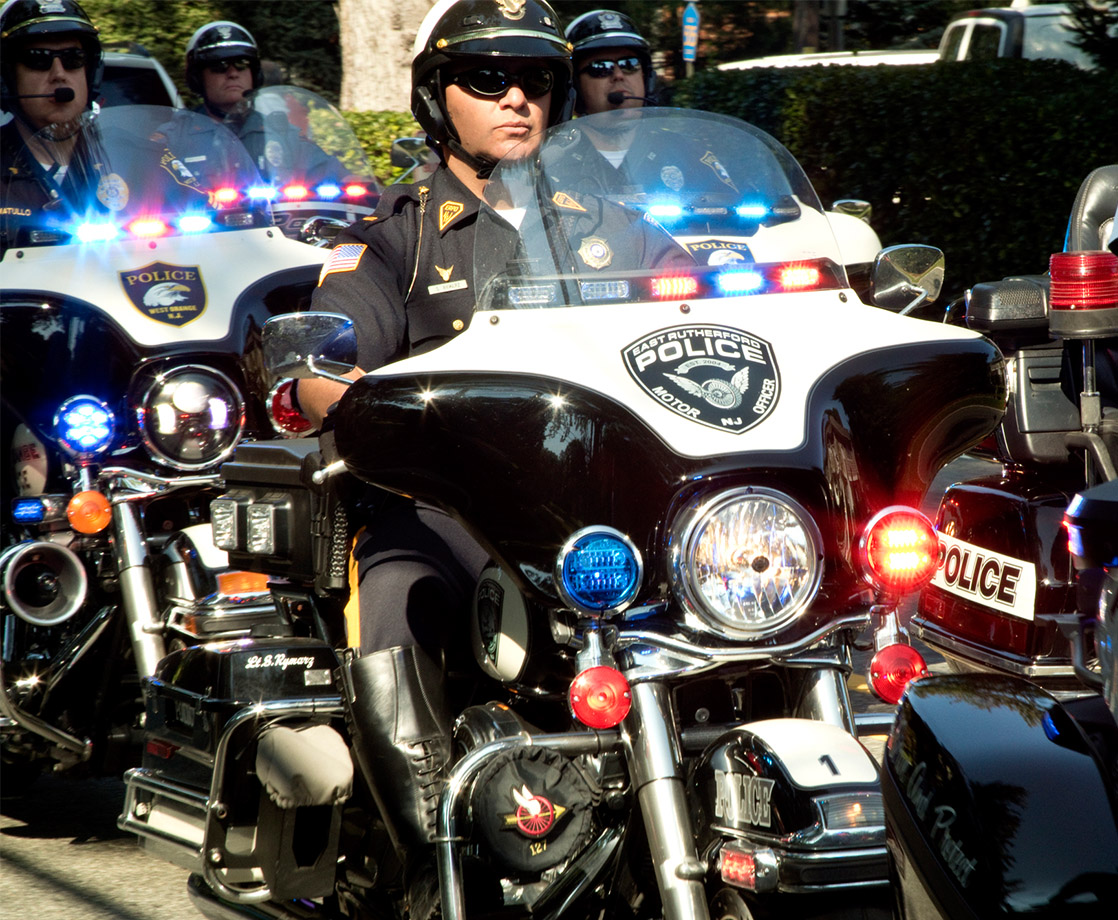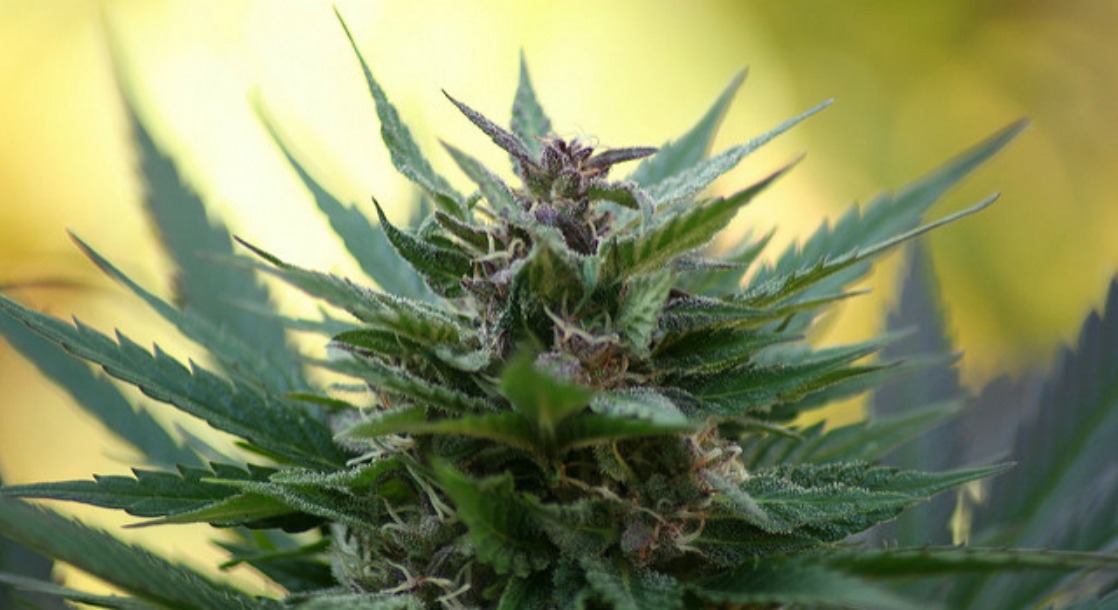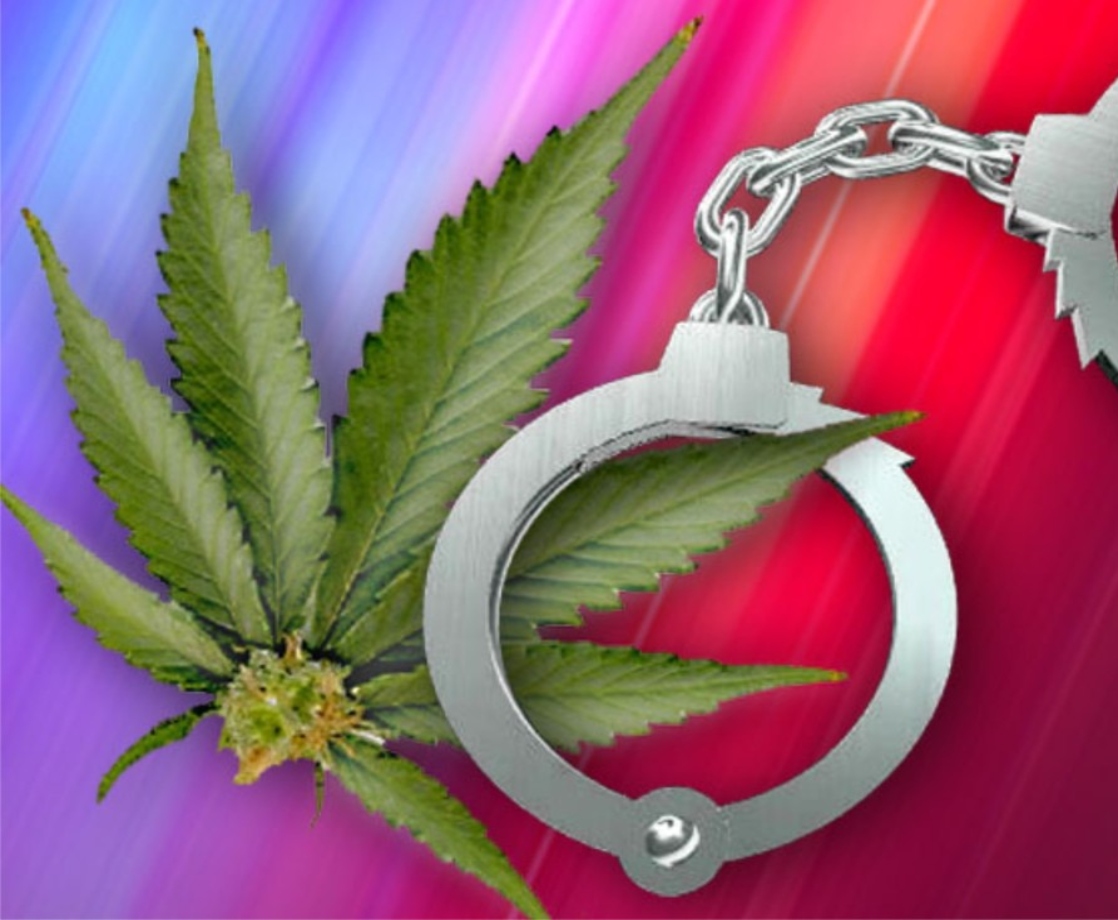The road to cannabis reform in New Jersey has been especially bumpy this month, with several state officials floating their own decriminalization policies after Governor Phil Murphy's attempt to fully legalize weed this year stalled in the state Legislature. Last Thursday, Jersey City municipal prosecutor Jake Hudnut and Mayor Steve Fulop announced that they were decriminalizing low-level cannabis offenses, effective immediately. But within 24 hours, state Attorney General Gurbir Grewal declared that the city's new policy was void, as Hudnut had no authority to supersede the state's drug policies.
For a moment, it seemed like Grewal was out to block the Garden State's path to cannabis reform, but it turned out that he had bigger plans for decriminalization. This week, the Attorney General announced that all cannabis cases being considered in municipal courts would be adjourned until September. Grewal addressed a letter to "all municipal prosecutors in New Jersey," asking them to "seek an adjournment until September 4, 2018, or later, of any matter involving a marijuana-related offense pending in municipal court," NJ Advance Media reports.
Grewal told prosecutors that his office would be developing "appropriate guidance" for them during that time frame. The September date is especially significant because a new bill that would legalize a taxed and regulated adult-use cannabis market is expected to come before the state Senate at that time. The possible success of this bill, coupled with Grewal's new policy, could mean that no New Jersey resident will ever be prosecuted for a low-level cannabis offense again.
This possibility is good news for the Garden State, where 32,000 people were arrested for low-level pot possession in 2016. The state currently has the third-highest total number of marijuana arrests in the country, following only Texas and New York, and had the country's largest increase in pot arrests between 2015 and 2016. In his original bid to decriminalize Jersey City, Hudnut cited statistics reporting that "despite similar cross-racial usage of marijuana, New Jerseyans of color are three times more likely to be arrested and prosecuted for marijuana than white New Jerseyans," the Jersey Journal reports.
Just days after criticizing Grewal's letter blocking his decriminalization attempt, Hudnut released a statement announcing that he was on board with the Attorney General's new plan. "In adjourning all marijuana cases across New Jersey while a directive is prepared, Attorney General Grewal has put himself at the national forefront of progressive prosecutors," Hudnut said. "I am looking forward to working closely with him in the coming weeks on this directive, as well as on other issues affecting all of our state's municipal courts."
In addition to wasting millions of dollars of taxpayers' money, prosecution of minor pot offenses has left a disproportionate impact on the country's most marginalized populations, saddling them with criminal records that prevent them from gaining equal access to jobs, education, and housing. Seeing a state with one of the country's highest rates of pot arrests put a permanent end to prohibition would be a huge step towards social justice on the East Coast.











